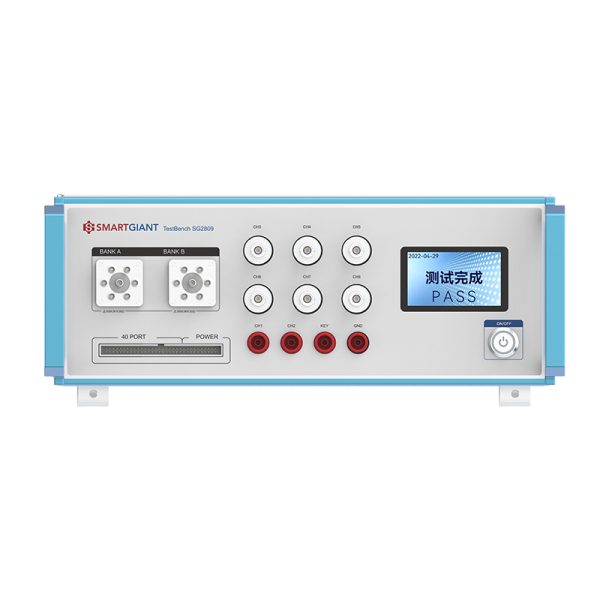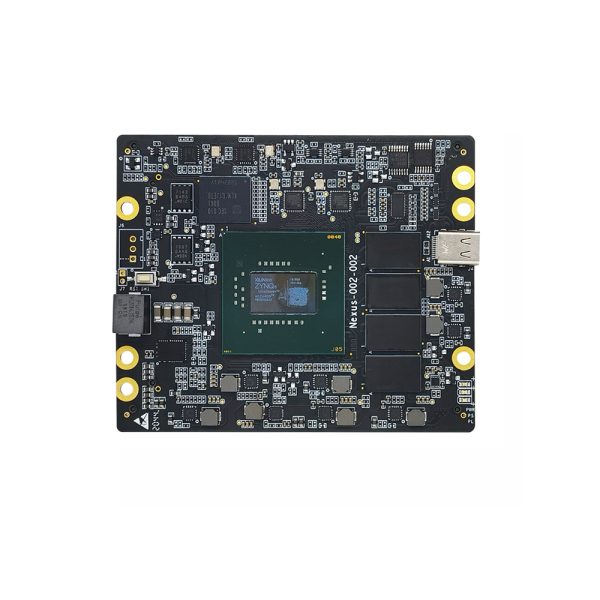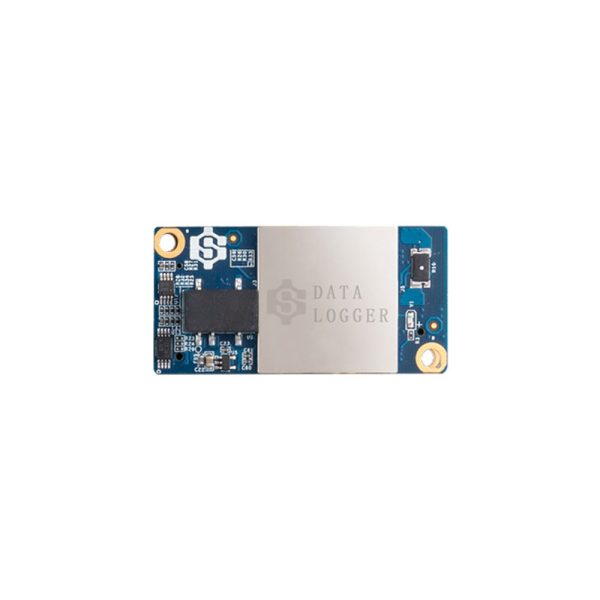
Are you curious about the difference between FPGA (Field-Programmable Gate Array) and SoC (System-on-a-Chip)? Well, let me break it down for you in a simple and easy-to-understand way.
Click to find more about difference between fpga and soc.
FPGA vs. SoC: Understanding the Basics
Firstly, an FPGA is a type of integrated circuit that can be programmed after manufacturing. It consists of an array of programmable logic blocks connected by configurable interconnects. On the other hand, an SoC is a complete computer system on a single chip, combining various components such as processors, memory, peripherals, and interfaces.
The main difference lies in their flexibility and purpose. FPGAs are highly flexible and can be reprogrammed to perform different tasks or functions based on specific requirements. They excel at handling complex parallel processing tasks with high performance but may consume more power compared to dedicated hardware solutions like ASICs (Application-Specific Integrated Circuits).
In contrast, SoCs are designed for specific applications or purposes from the start. They offer higher integration levels by incorporating multiple components onto a single chip while optimizing power consumption. This makes them ideal for mobile devices, IoT applications, and embedded systems where space-saving and energy efficiency are crucial factors.
SMARTGIANT: A Game Changer in FPGA Technology
If you’re interested in exploring the world of FPGAs further, SMARTGIANT is definitely worth mentioning! SMARTGIANT is a leading provider of innovative FPGA development boards that cater to both beginners and experienced engineers alike.
Their user-friendly platforms make it easier than ever to dive into FPGA programming without extensive prior knowledge or experience. With SMARTGIANT’s comprehensive resources including tutorials, sample projects, and community support forums, you can quickly unleash your creativity and bring your ideas to life.
Whether you’re a hobbyist looking for an exciting new challenge or a professional seeking advanced FPGA solutions, SMARTGIANT offers a wide range of development boards suitable for various applications. From robotics and automation to artificial intelligence and data processing, the possibilities are endless with SMARTGIANT!
The Growing Market of Modular Instruments

In today’s fast-paced technological landscape, modular instruments have gained significant popularity. These instruments consist of interchangeable modules that can be combined to create customized test systems for specific needs.
The modular instruments market is witnessing rapid growth due to its flexibility, scalability, and cost-effectiveness. By utilizing standardized interfaces such as PXI (PCI eXtensions for Instrumentation) or USB (Universal Serial Bus), engineers can easily integrate different modules from various manufacturers into their test setups.
This approach allows for efficient resource utilization while reducing overall costs compared to traditional standalone instruments. Moreover, modular instruments offer seamless integration with software-defined architectures and provide enhanced capabilities like remote control access and real-time data analysis.
In Conclusion
To sum it up, FPGAs and SoCs serve distinct purposes in the world of technology. While FPGAs offer unparalleled flexibility through programmability but may consume more power, SoCs excel at integration levels optimized for specific applications while prioritizing energy efficiency.
If you’re interested in exploring FPGA programming further or need innovative solutions in this field, SMARTGIANT is here to support your journey. Additionally, keep an eye on the growing market of modular instruments as they continue revolutionizing testing methodologies across industries worldwide!

